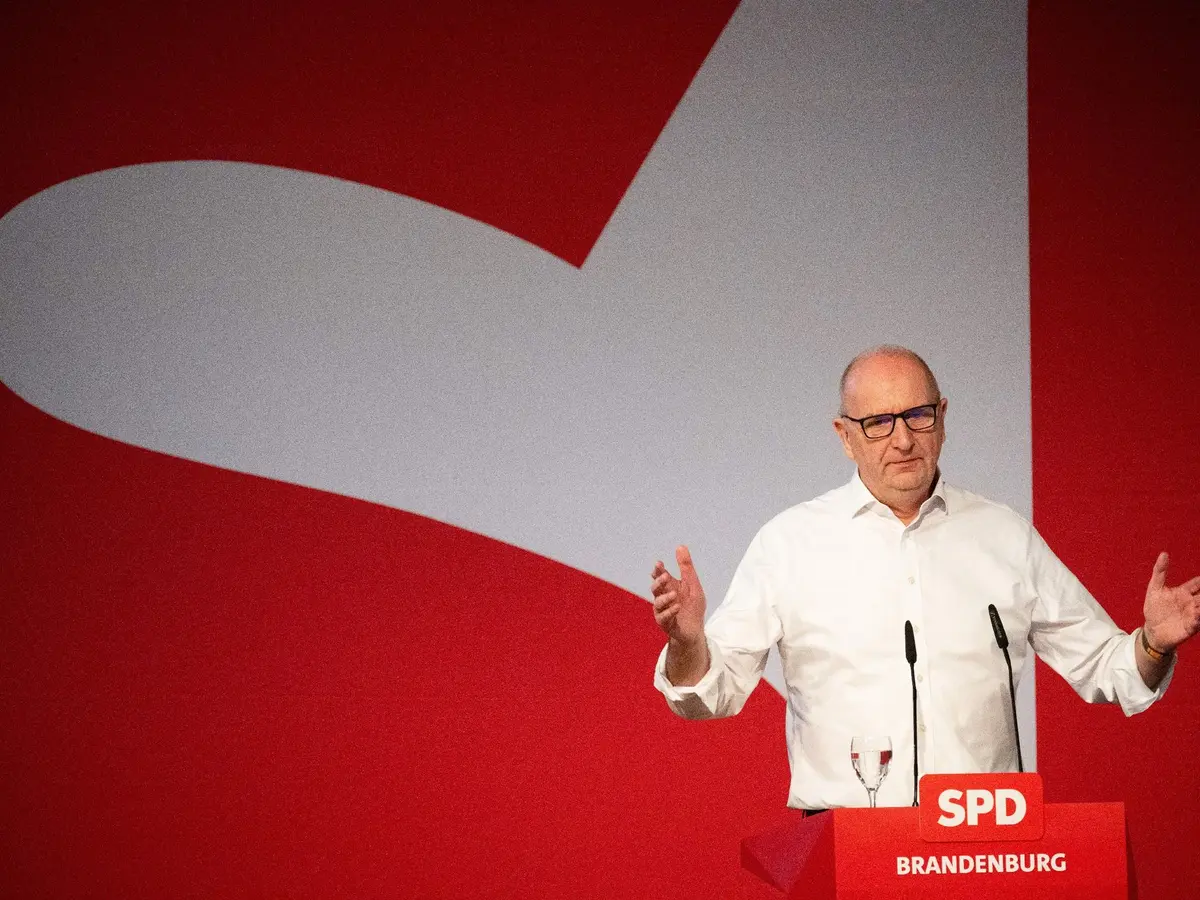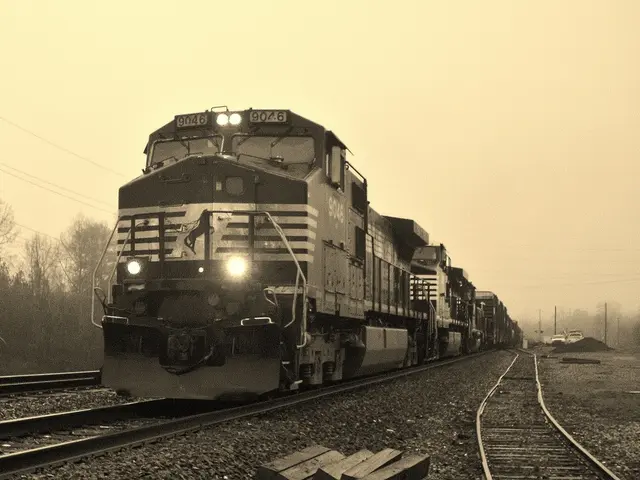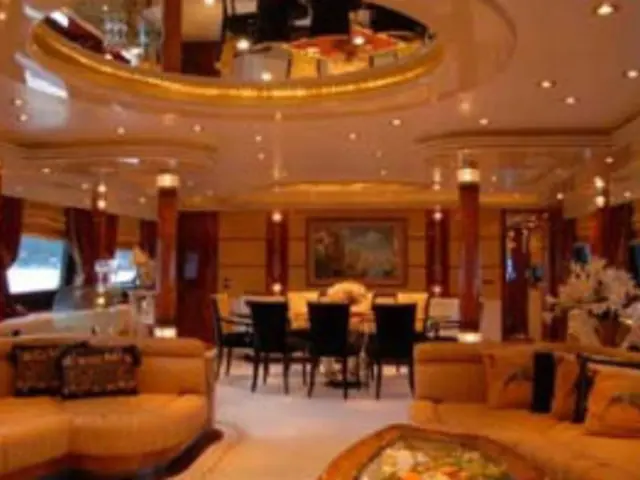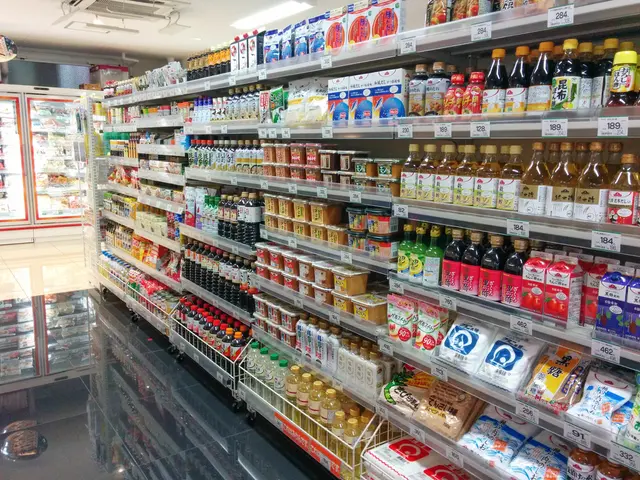Woidke Secures Massive Victory as SPD State Chairperson in Brandenburg
In a landslide victory, Dietmar Woidke, the Minister President of Brandenburg, was re-elected as the chairman of the SPD (Social Democratic Party) in the state, garnering a whopping 90.8% of the votes. The election, held during the SPD's state party conference in Schönefeld, saw Woidke receiving 109 votes in his favor, out of a total of 120 valid votes cast. The specifics regarding the number of votes against and abstentions were not initially disclosed.
This triumph marked the best election result for Woidke, who has been leading the party for over a decade, surpassing his previous records. "I view this result as a testament to tremendous unity and determination," stated Woidke upon the announcement of the results. In comparison, Woidke secured 84.4% of the votes in his previous election in 2021, while in 2018, he managed to win 80.8% of the votes.
Despite their recent success, the SPD in Brandenburg, under the leadership of Woidke, is looking to strengthen their influence at both the state and national levels by engaging in collaborative strategies with other parties.
As Woidke continues to steer the SPD in Brandenburg, several broader strategies and challenges can be inferred from the political landscape. These include:
- Maintaining Coalition Stability: The SPD's victory is significant for ensuring coalition stability, as it helps prevent any potential shifts in leadership that could lead to early national elections and political instability.
- Addressing Anti-War Sentiment: The SPD, along with other parties, has been addressing anti-war sentiment, primarily regarding German military aid for Ukraine. Chancellor Olaf Scholz's renewed diplomatic efforts in an attempt to end the war in Ukraine might be seen as an aid in Woidke's defense of the SPD's leadership in Brandenburg against anti-war parties like AfD and BSW.
- Coalition Formation Challenges: The SPD faces challenges in forming a coalition with BSW, which has made opposition to further military support for Ukraine and proposed US missile deployments in Germany conditions for their participation in governing coalitions. This could prove to be a complex undertaking, requiring strategic maneuvering to accommodate BSW's demands.
- Maintaining Democratic Firewall: The SPD has been urging other parties, such as the CDU and Greens, to resist any cooperation with the hard-right AfD, highlighting the importance of preserving Germany's "democratic firewall" against undemocratic forces.








